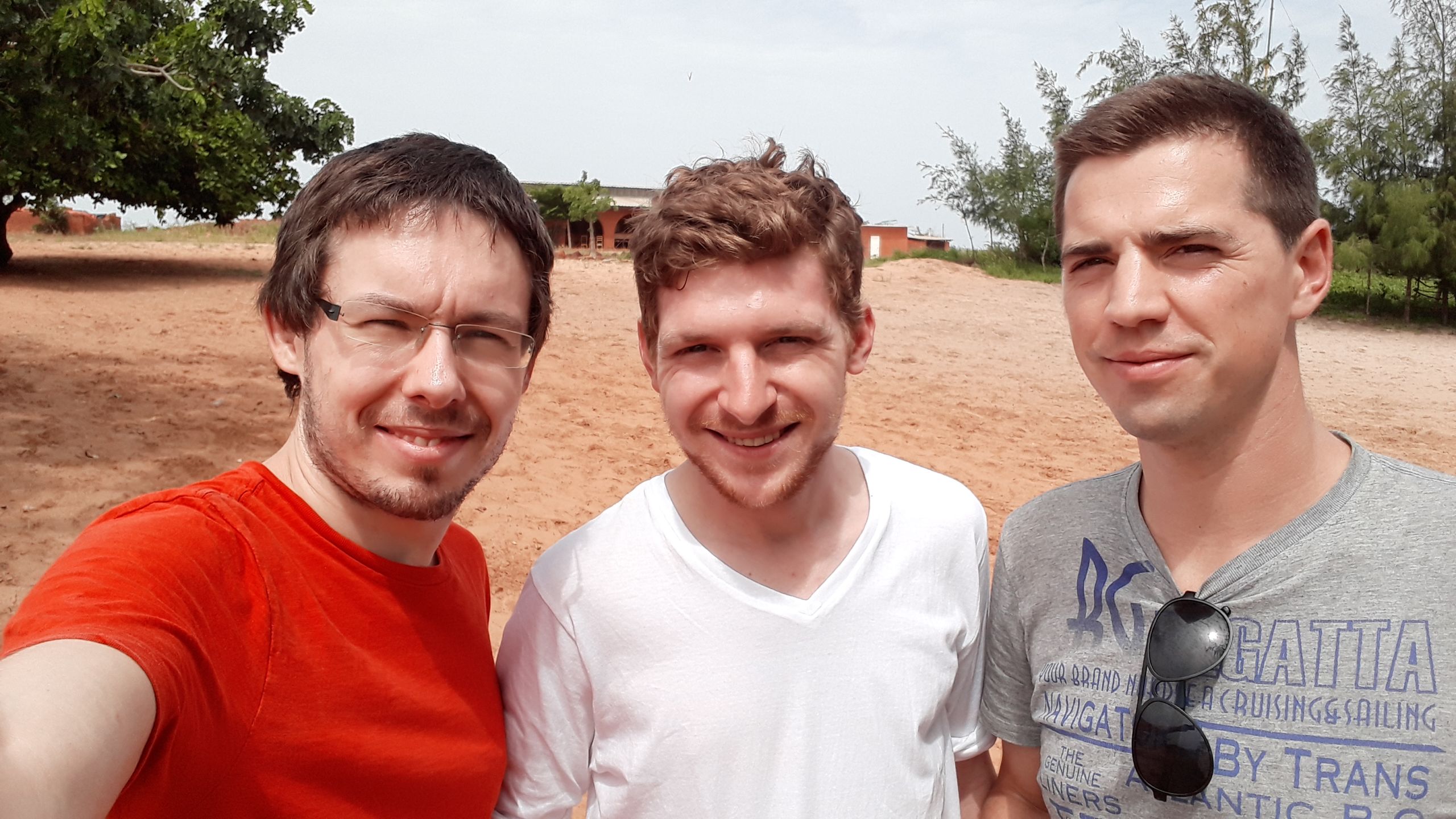We offered the association the installation of an energy and water supply solution. We also collected clothes for children (0 to 15 years old), school supplies (EN), computer equipment etc.
The energy and water treatment solutions were realized thanks to the technology developed by O-HUB (Innovation lab), the involvement of John Cockerill’s teams in Kenya and local partners for the delivery of materials and manpower.
Concretely, the energy solution is a system that includes the construction of a photovoltaic carport with 62 panels that produce 80 kWh every day and the installation of a container equipped with batteries connected to the panels. This solution allows the center to have electricity 24 hours a day, which facilitates the conservation of medicines and foodstuffs, but also the drying of laundry in this part of the world where temperatures can drop quite quickly at altitude, and the installation of comfort lighting in the common areas, thus ensuring safety at nightfall.
As for water, the center was already equipped with a rainwater recovery system, so we provided a system for filtering grey water and making the community’s water drinkable. Thanks to the Lifestraw ® system, the 125 residents of the center have access to drinking water, even in times of drought. Each day, the system produces 192l of drinking water.
We also trained the center’s staff in the use of the various systems.
Finally, we collected clothes, school supplies, toys… More than 520 employees of the John Cockerill Group mobilized in Belgium, France and Luxembourg to collect, sort and send more than 4 tons of material per container.



